Immigrants, end of the road
This post is also available in:
 French
French
These men could be cousins, friends from the village or my father’s colleagues.
They were part of my family environment when I was a child and they were regular visitors to my parents at home. My parents were an important source of support for their countrymen: the “zoufris” (workers) who, contrary to those who had stayed behind, suffered the full impact of a life in exile. I remember how their bodies and their demeanor expressed all the hardships of their daily lives, slaves to the rhythm of a production line or a building site. They totally changed when they came to our home, full of the sounds of children. Sitting comfortably around the living room table with a hot mint tea, they played dominoes for hours on end. In this cozy environment, they would talk of their experiences, encouraging one another and exchanging advice. They spoke the Algerian dialect, a language which as children we did not understand. Occasionally you would hear a word or sentence in French in their discussions which were punctuated with laughter. We could guess from the tone of their voices and their expressions that they were talking of their lives in France, or of their sadness at being far from home and from their families. All the while my mother prepared the couscous for dinner with solemn dedication. Oum Khaltoum’s music provided a musical backdrop to those nostalgic moments of intense melancholy.
Those men had immigrated to France during the « Glorious Thirties », when French industry looked to Northern and sub-Saharan Africa for the workers that were lacking at home. These young workers were plentiful, cheap, and hard-working, coming mainly from rural areas.
As an adult, I came across the discreet silhouettes in the street of those who had reached the age of retirement but were still invisible and cut off from the society which they had helped to build and develop.
Think back to the harsh reality of the eighties and nineties, marked by the emergence of immigrant protests and demonstrations led by young people from immigrant families such as the “March for equality and against racism” and the appearance of various immigrant associations.
Think back to 1999, and the national euphoria generated by the victory of Zinedine Zidane and his team in the 1998 Football World Cup final, and the period preceding the September 11th attacks.
It was then that I decided to embark on this photographic project as a means of retracing my roots, which would last for almost twenty years.
Walking through Marseille, I stopped off frequently in the Belsunce district, attracted by the ambience of the « Thieves Market », set up illegally on Aix Square, where all manner of goods are spread out for sale on the ground.
It is a square where the “chibanis” (the elderly) liked to come to pass the time. Most of them walked between the stalls as if they were in a museum, while others preferred to sit and watch the bustle in the sunshine. Others still sold a few odds and ends for a handful of centimes to help make ends meet.
That is how the irrepressible desire to photograph them arose. It seemed that the portraits would not be complete without their words; I was curious to know what these men had lived through in a country that was not their own and where the culture and customs were different from those in their homeland.
I wanted to record their stories, knowing that most of them had rural origins and could neither read nor write.
For many, their Odyssey had started in Marseille, an inevitable point of passage and a symbolic site for migration throughout the ages. Some would end up staying there, while others went on towards other industrial or mining towns to earn a living thanks to their courage and to the strength of their arms.
This project, looking at these modern-day Ulysses, serves as a memorial to our ancestors and stands as a tribute to these men and to all the waves of immigration which continue to mark the history of France in all its diversity.
Leïla Bousnina
Sponsor : -
Extension of the exhibition!
From 20/05/2020 to 20/06/2020
Galerie FAIT & CAUSE
58 rue Quincampoix
75004 Paris
France
Opening hours : Tuesday to Saturday from 2.00pm to 7.00pm
Phone : 0142742636
contact@sophot.com
www.sophot.org



